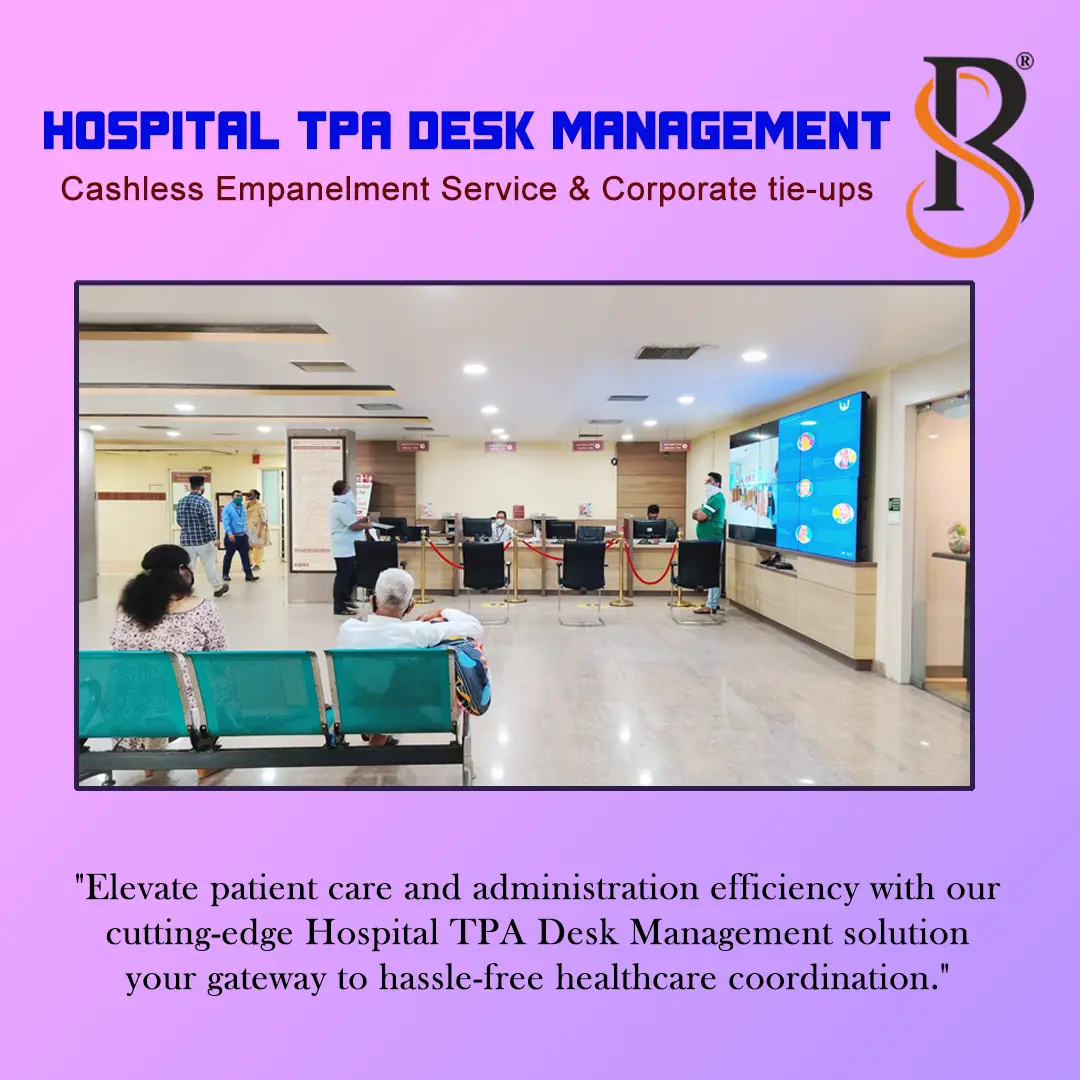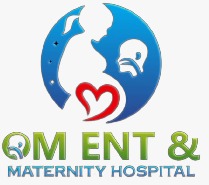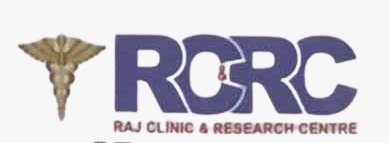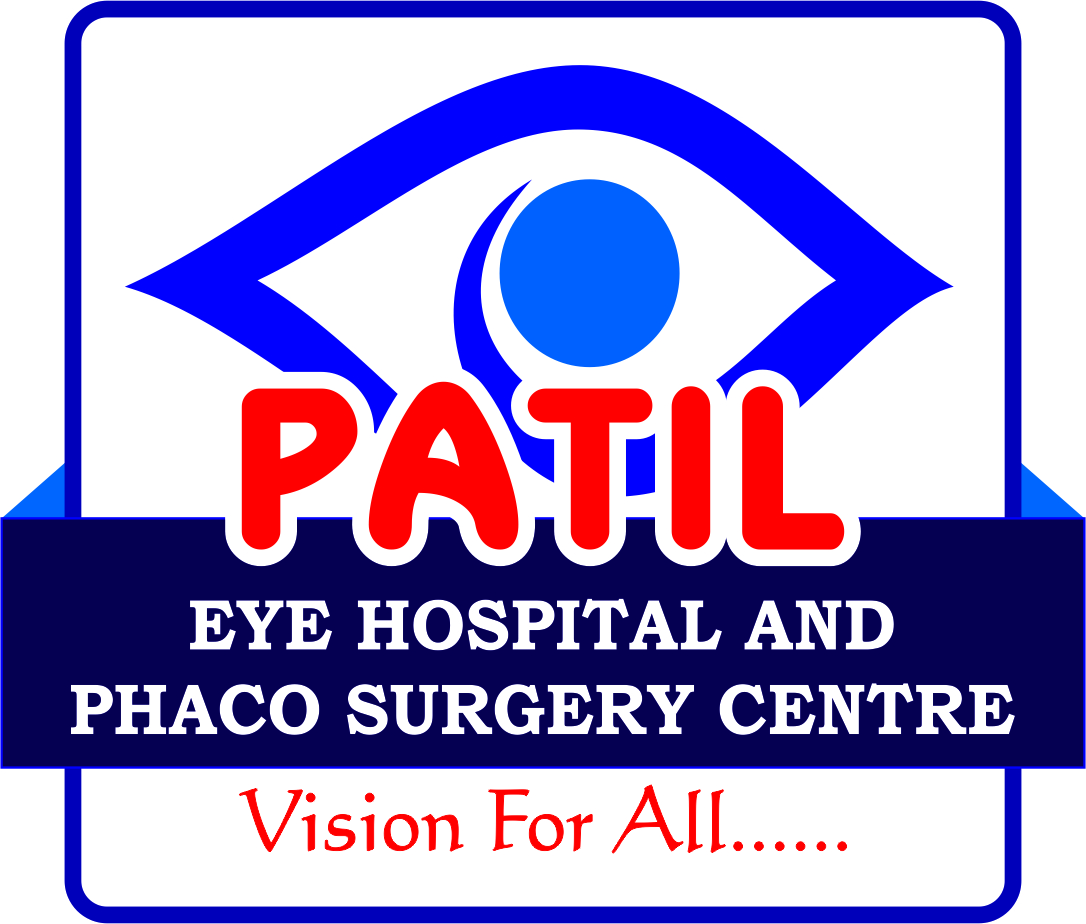-
Call Us
(+91) 8274830152 / 7003309520
-
Email Us
info@roysquare.com
Call Us
(+91) 8274830152 / 7003309520
Email Us
info@roysquare.com

The healthcare industry in India has undergone significant changes in recent years with the introduction of various health insurance schemes. One of the popular insurance schemes is cashless treatment offered by Third Party Administrators (TPAs). Hospital TPA registration for Rohini is an essential process that enables patients to avail of cashless medical treatment in a network hospital. This process involves registering the hospital with Third Party Administrators (TPAs) that provide health insurance services. Once registered, the hospital can offer cashless medical treatment for insured patients who are also registered with the same TPA. The registration process typically involves submitting various documents and completing formalities including verification by the TPA. Patients can benefit greatly from the convenience of cashless medical treatment as they do not have to bear the financial burden and can focus on their recovery.
TPA (Third-Party Administrator) is a company that manages the administrative tasks related to health insurance
policies on behalf of insurance companies or self-insured employers. The role of a TPA typically includes
 claims processing, provider network management, member enrolment and eligibility management, and customer
service.
claims processing, provider network management, member enrolment and eligibility management, and customer
service.
Insurance companies provide financial protection to individuals or businesses against potential risks or losses. Types of insurance policies include health insurance, life insurance, auto insurance, home insurance, and many more.
Corporate empanelment refers to the process of being listed as an approved vendor or service provider for a corporate client. This process involves meeting certain criteria, such as having the required certifications, licenses, and insurance, and having a track record of delivering high-quality services or products.
For example, a healthcare service provider may seek empanelment with a corporate client, such as an insurance company or a large employer, in order to provide medical services to their employees or policyholders. Empanelment can provide a steady stream of business for the service provider, as well as increased credibility and visibility within the industry.
TPA (Third Party Administrator) desk management in a hospital refers to the process of managing the
services provided by RSE Executive who handle the health insurance claims on behalf of the hospital. The TPA
 desk Executive is responsible for managing the patient's medical claims and coordinating with the insurance
provider for reimbursement.
desk Executive is responsible for managing the patient's medical claims and coordinating with the insurance
provider for reimbursement.
The following are some of the key aspects of TPA desk management in a hospital maintained by us:
a. Patient Enrolment: Once we have registered the hospital with the TPA, the patient can enroll for TPA services by providing their insurance details. Our TPA desk Executive is responsible for verifying the insurance details and enrolling the patient for TPA services.
b. Pre-authorization: RSE TPA desk Executive needs to coordinate with the insurance provider to get pre-authorization for the medical procedures and treatments that the patient needs. This process involves submitting the necessary documents and getting approval from the insurance provider.
c. Claims Management: Once the treatment is completed, our Executive needs to file the claim with the insurance provider for reimbursement. This process involves submitting all the necessary documents and coordinating with the insurance provider for timely reimbursement.
d. Discharge Process: Once the claim is settled, RSE TPA desk Executive needs to coordinate with the hospital for the patient's discharge. This process involves ensuring that all the bills are settled, and the patient's medical records are updated.
Overall, TPA desk management in a hospital is a critical process that ensures timely reimbursement of medical expenses for the patient and helps the hospital to manage their finances efficiently.
TPA (Third Party Administrator) Reimbursement Management is the process of managing the reimbursement of
medical expenses by the insurance provider through a TPA.

The following are some of the key aspects of TPA Reimbursement Management:
a) Pre-authorization: RSE TPA desk Executive needs to coordinate with the insurance provider to get pre-authorization for the medical procedures and treatments that the patient needs. This process involves submitting the necessary documents and getting approval from the insurance provider.
b) Claims Filling: Once the treatment is completed, our Executive needs to file the claim with the insurance provider for reimbursement. This process involves submitting all the necessary documents and coordinating with the insurance provider for timely reimbursement.
c) Claim Settlement: Once the claim is submitted, the TPA desk Executive needs to follow up with the insurance provider to ensure timely claim settlement. This involves tracking the status of the claim and addressing any issues that may arise.
d) Denial Management: In case the claim is denied by the insurance provider, the Executive needs to follow up with the provider to understand the reason for denial and take necessary actions to address it. This may involve submitting additional documents or appealing the denial.
e) Payment Posting: Once the claim is settled, the TPA desk Executive needs to post the payment received from the insurance provider to the patient's account. This process involves updating the billing and accounting systems with the payment details.
f) Dispute Resolution: In case of any disputes related to reimbursement, our expert TPA desk Executive needs to coordinate with the insurance provider to resolve the issue. This may involve providing additional information or documentation to support the claim.
Overall, TPA Reimbursement Management is a critical process that ensures timely reimbursement of medical expenses for the patient and helps the hospital manage their finances efficiently. Effective TPA Reimbursement Management requires a deep understanding of the insurance industry and the ability to coordinate with multiple stakeholders.











